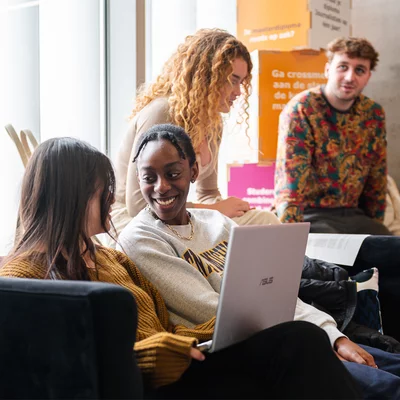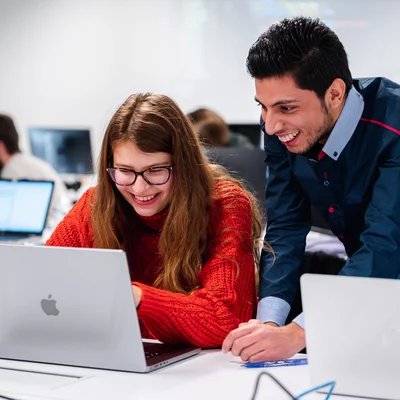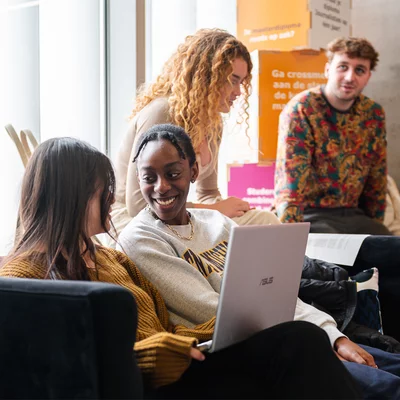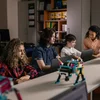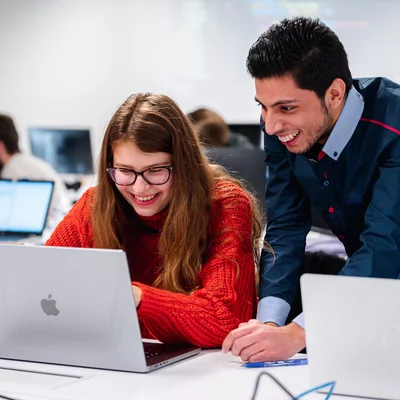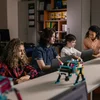
Disinformation and youths
Disinformation is of all times, but new technologies make it more refined and social media speeds up its spreading. Youths are especially vulnerable, as social media are their most important news source and it is difficult for them to assess how reliable information is. How do youths use news? And how do they assess the reliability of information? How can we make them resilient against disinformation? We research how we can teach them to deal with news more critically. At the same time, we give news media insights on how youths experience news. In this way, we want to make youths more news literate, but also make media more youth literate.
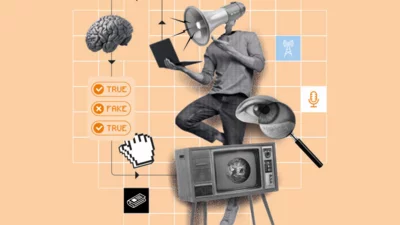
News consumption, reliability and resilience
What are we researching and for whom?
Disinformation has persisted throughout history, but new technologies and social media platforms refined its dissemination. Young people are especially vulnerable, given that social media serves as their primery source of news.
Desired outcome
First, we want to make young people more news literate, young people more news literate and that of society. Additionally, we want to make news media more “youth literate” by providing them with insights and tools to effectively connect with young people.
Research lines
We investigate how young people use news and how they encounter disinformation. We educate them how to think critically. Additionally, we explore methods to foster trust in journalism.
News use and attitudes towards news

How do Flemish youngsters consult news? How do they feel about news? How news literate are they? And how do they deal with disinformation? These are the key research questions of the News Barometer, a (bi-)annual survey that collects figures on news consumption and fake news among young people. By testing their news consumption over a longer period of time, we acquire profound insights that serve as a basis for the other research lines.
Dealing critically with information
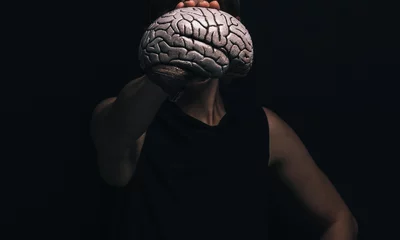
Critical thinking is a crucial competence in the fight against disinformation. This research line provides young citizens with the skills to develop their critical thinking abilities. The information overload in their daily social media feeds poses a challenge to the critical thinking skills of young people. Therefore, emphasis is placed on cultivating critical ignorance, the skill of deliberately choosing which information deserves attention. We educate young people on constructing balanced arguments that constribute to a constructive social debate.
Pre- and debunking
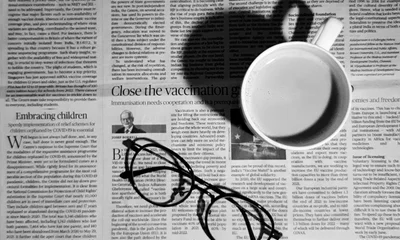
With the research line ‘Pre- and debunking’, we aim to make young people aware of various forms of disinformation and how they can recognize them. We integrate debunking methods (refuting disinformation, for instance, through factchecking) with prebunking methods (enhancing resilience against disinformation before being confronted with it). Additionally, we also want to focus on the impact of existing tools for recognizing and countering disinformation.
Trust in journalism

With the research line ‘Confidence in journalism’, we aim to provide young people with insights into how journalism works and offer news media a deeper understanding of the news experience of youngsters. We investigate how young people perceive journalism, their participation in it, and how confidence in journalism can be fostered.
More information?
